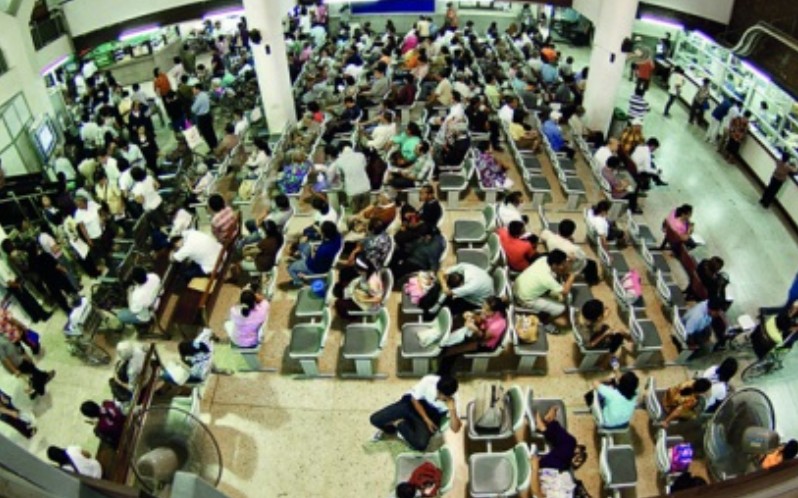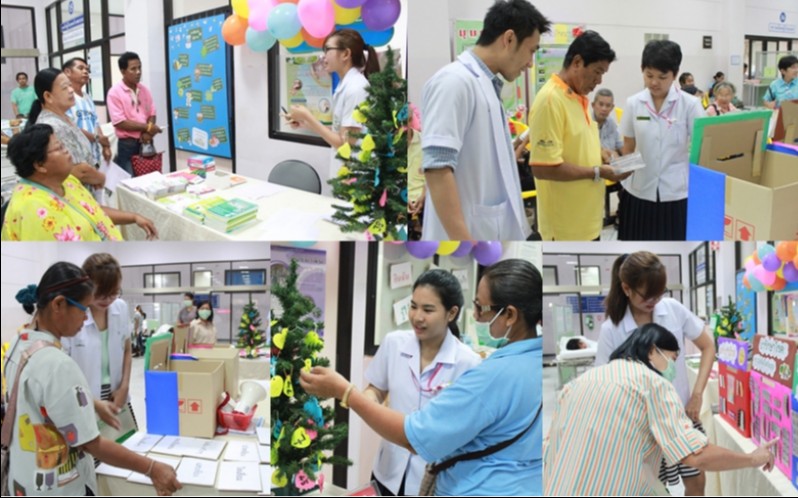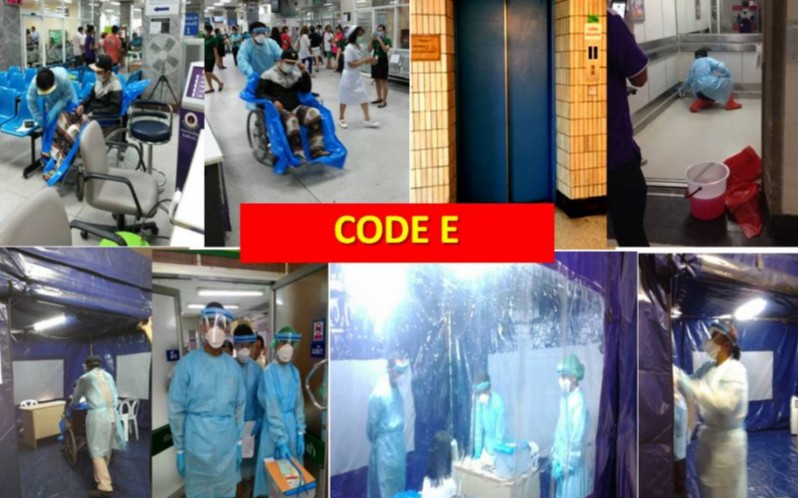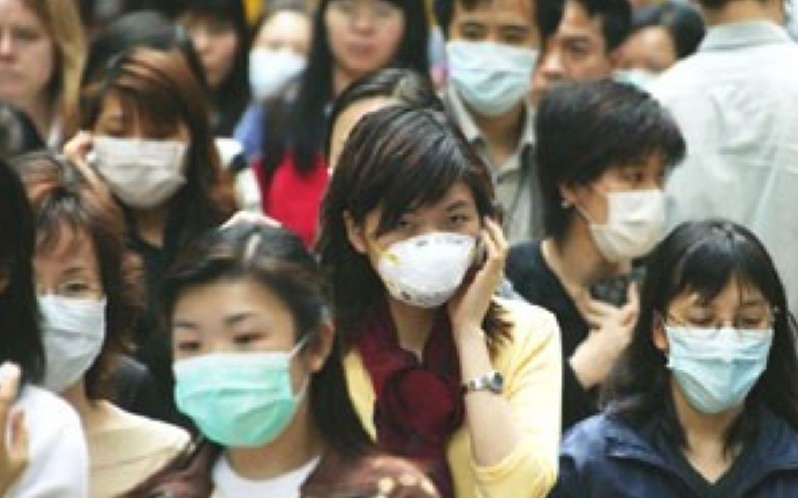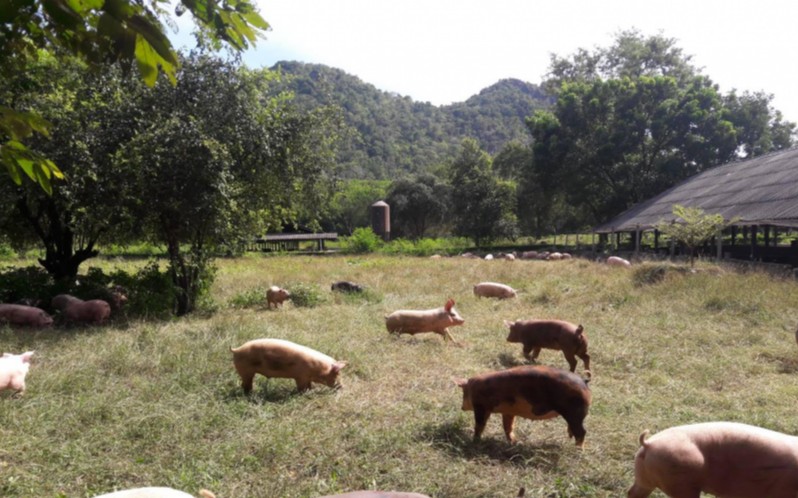Site NO.5 : An Evap∗ Pig Farm: Commitments to Responsible Antimicrobial Use in animals
LOCATION : Rayong Province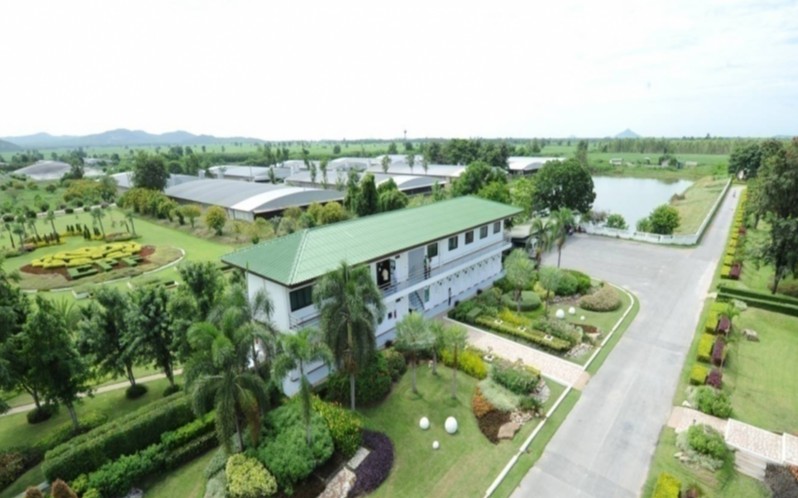
The appropriate use of antimicrobials in both human and veterinary medicine is one of the most important interventions to tackling AMR—a global threat. The excessive use of antibiotics in animal husbandry could result in selective pressure for the emergence of AMR pathogens while the unsafe handling may contaminate the food supply chain of animal products with resistant bacteria, causing difficult-to-treat infections in consumers.
Consequently, all relevant stakeholders try to limit the usage of antimicrobials in the animal food chain. Nowadays, there are increasing demands by consumers, not only for quality and taste but food safety from antibiotic residues and resistant pathogens.
Regulators such as the Department of Livestock Development (DLD) have introduced policies to contain irrational use of antibiotics in animals. For example, the use of antibiotics as growth promoters in Thailand was banned in poultry since 2006 and was completely banned in all animal species in 2015. DLD implements the certified standard farms which are supervised by veterinarians and establishes drafted regulation to control medicated feed in particular restrictions on the use of certain reserved antibiotic classes in animal feed such as Colistin. As a member of OIE, Thailand DLD has developed and implemented guidelines for the prudent use of antimicrobials in veterinary medicine, as well as standards for controlling drug uses in food-producing animals. The Guideline No. 9032 entitled "Code of Practice for Control of the Use of Veterinary Drugs" was endorsed by the Ministry of Agriculture and Cooperatives in 2009. This guideline also complies with the Codex CAC/REP 38-1993.
This site visit is a private pig farm in Rayong province, one of the standard farms certified by DLD that must comply with the code of practice for control of the use of veterinary drugs. In this connection, the company will show a pilot project presentation to restrict, reduce and terminate the use of antibiotics for pig farms in the northern part of Thailand.
∗ Evaporate cooling system


